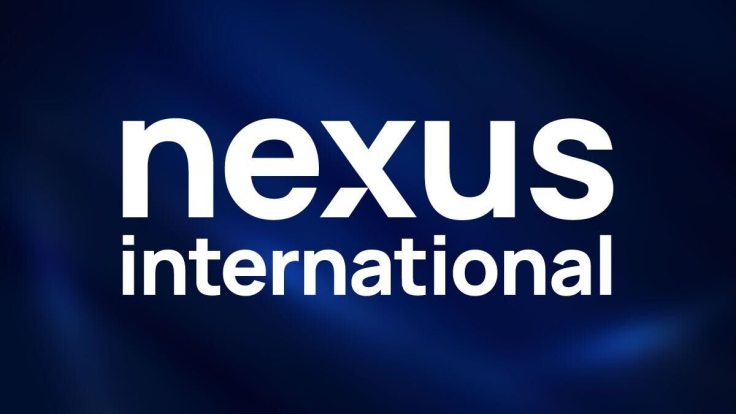Nexus International Posts $546M in H1 as Founder Emphasises Q1–Q2 Momentum
Gurhan Kiziloz's Q1–Q2 Spotlight Raises Questions About Growth Cadence

Quarterly results tend to carry weight in fast-growing companies, especially those that want to signal stability, momentum, and strategic control. But is that weight always helpful? Gurhan Kiziloz's engagement with Nexus's Q1 and Q2 performance has been detailed, public, and seemingly deliberate, framing the first half of the year as a strong chapter in the company's story. Whether that approach reinforces long-term strength or nudges operations toward short-term thinking is a conversation worth having.
Financial updates are expected. But when a founder gives them added attention, especially early in the year, it's natural to wonder if that focus is shaping internal priorities too. Nexus's early 2025 reporting emphasized significant gains, including $546 million (approximately £407 million) in revenue. Investors and observers took notice. It made headlines. But it also brought with it the kind of spotlight that can sometimes compress timelines. When you tell the market what to look at, you also invite them to look harder, sooner, and more often.
To be fair, Gurhan's approach doesn't appear to be a surface-level performance. His engagement with the business, product timelines, team hiring, and expansion planning indicates a founder still close to the operational edge. It's not just quarterly numbers for the sake of it. But even when the underlying discipline is sound, an outward tilt toward the quarter can carry unintended effects. Teams may feel a push to ship faster. Strategic decisions may get calibrated to fit tighter cycles. Budgets can skew more reactive than exploratory.
That said, some founders thrive in this rhythm. They believe short-term visibility forces long-term clarity. By talking about Q1 and Q2 openly, Gurhan might be reinforcing a tempo that aligns the company from top to bottom. It creates internal cohesion. It signals confidence. And it appeals to investors who prefer cadence over silence.
Still, it's a fine line. Nexus has major ambitions, from regional expansion to ecosystem development. These aren't 90-day projects. If the spotlight on early-year metrics becomes habitual, it could create expectations that box in those longer arcs. Growth that takes 12 or 18 months might look like underperformance in a world fixated on quarterly signals.
There's also a reputational layer. Founders who engage too deeply with near-term performance can be viewed as overly reactive. Others might interpret the visibility as leadership that's confident, maybe even inviting accountability. Gurhan seems to sit in between those interpretations for now. Whether that balance holds over time will depend less on how Q3 and Q4 play out, and more on how willing Nexus remains to invest beyond the frame of the current quarter.
© Copyright IBTimes 2025. All rights reserved.




















